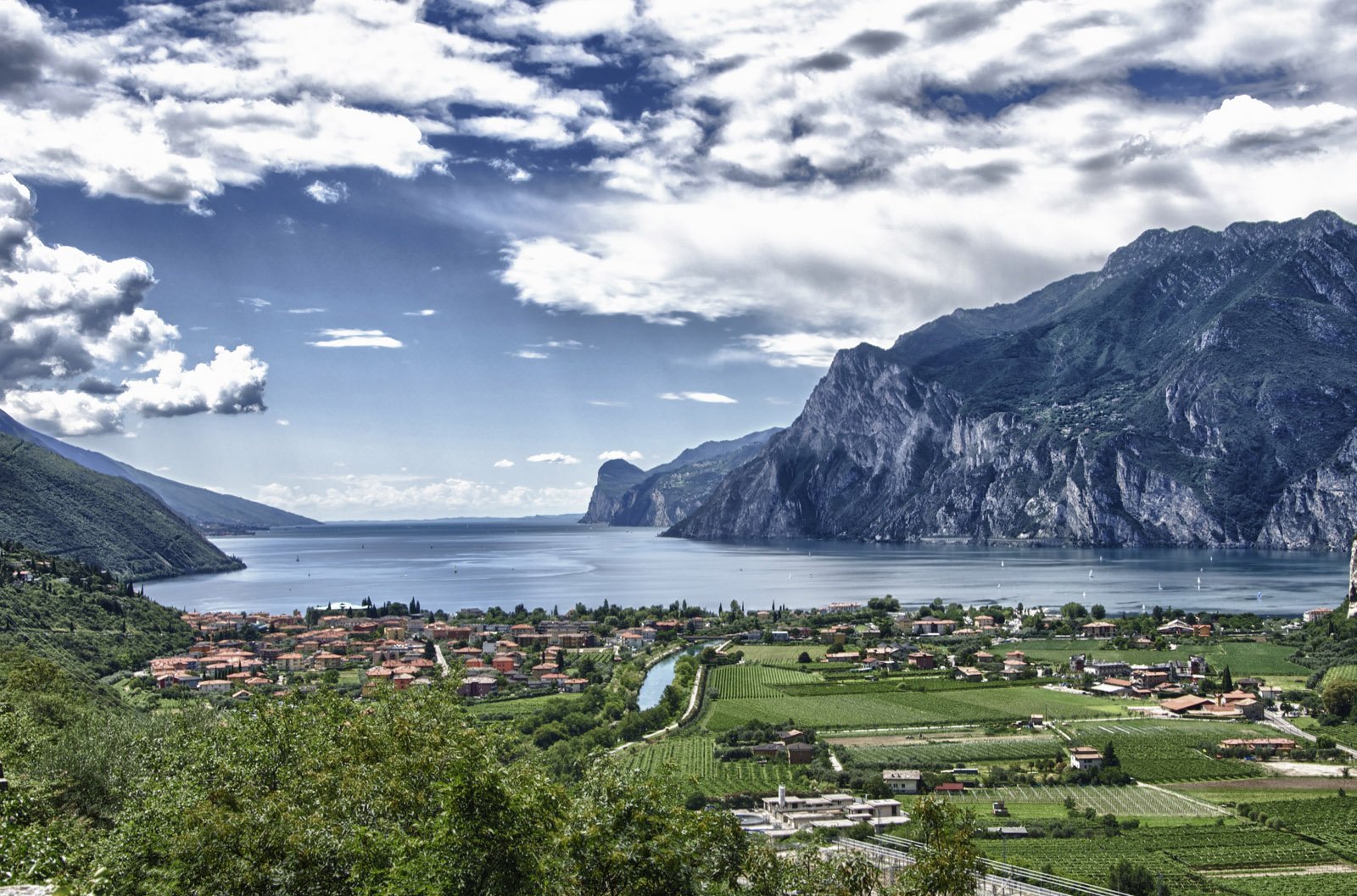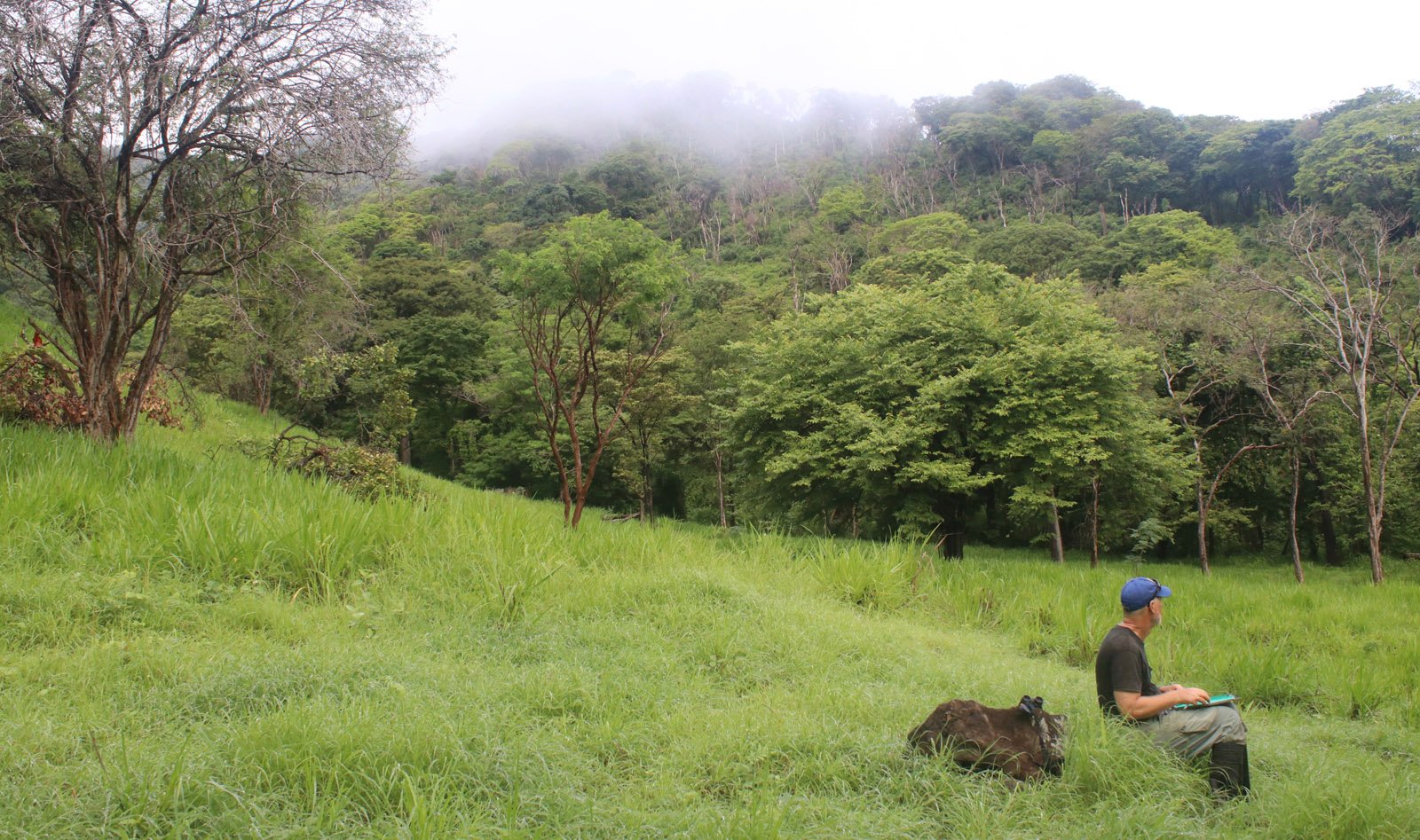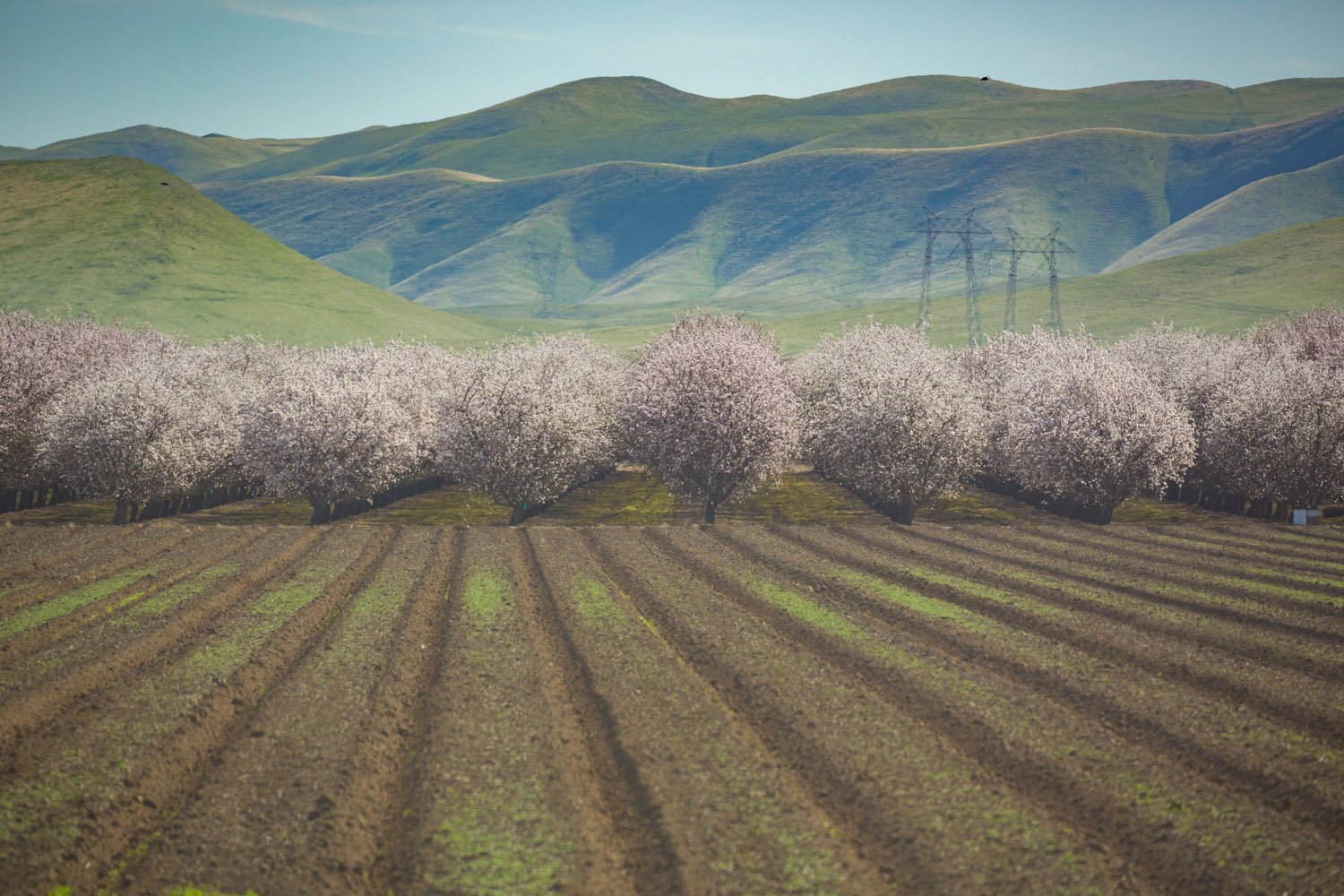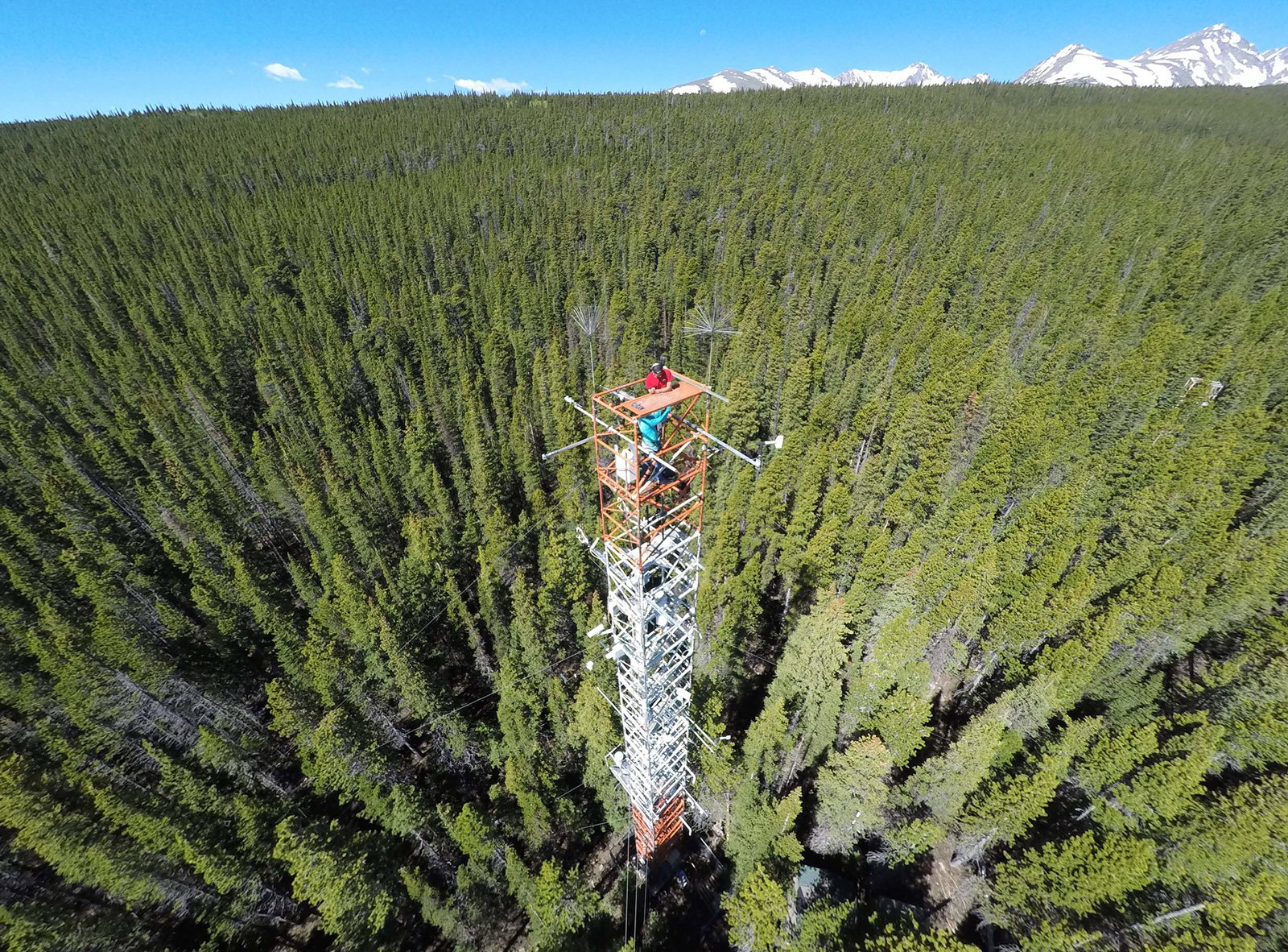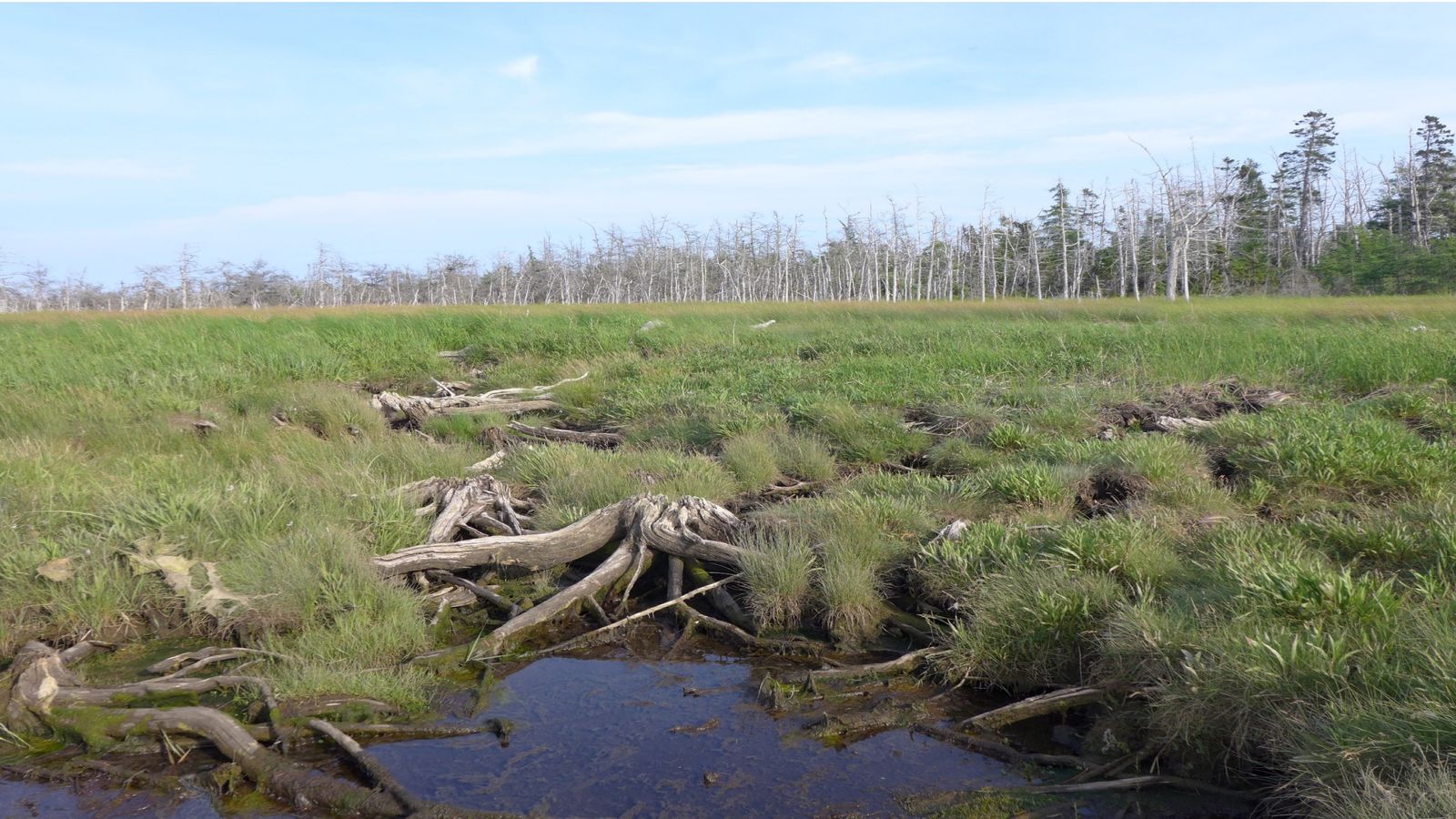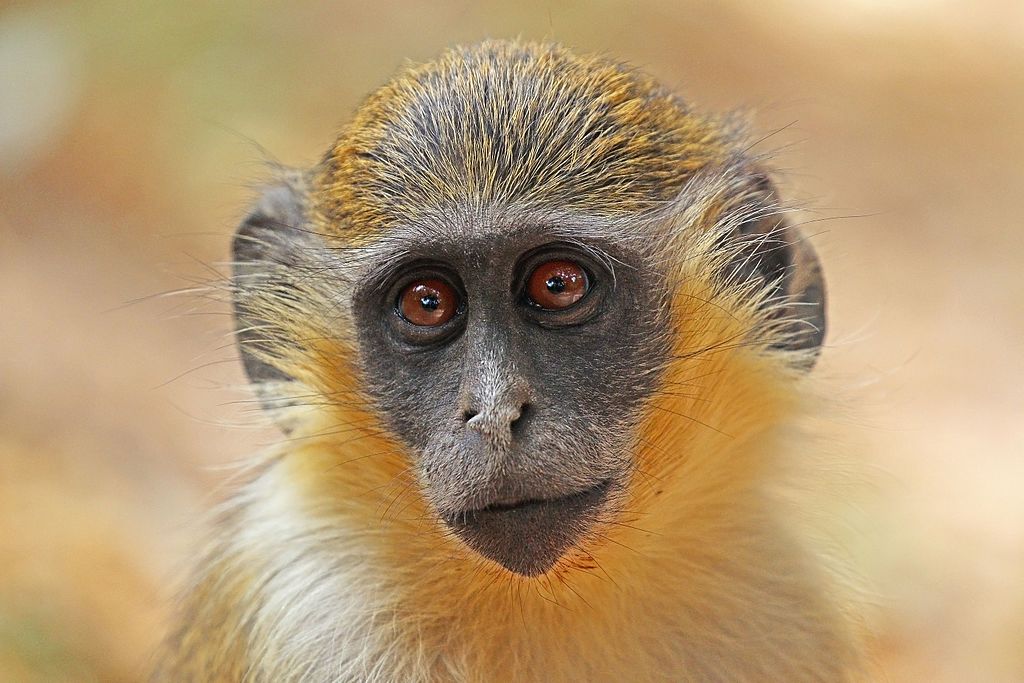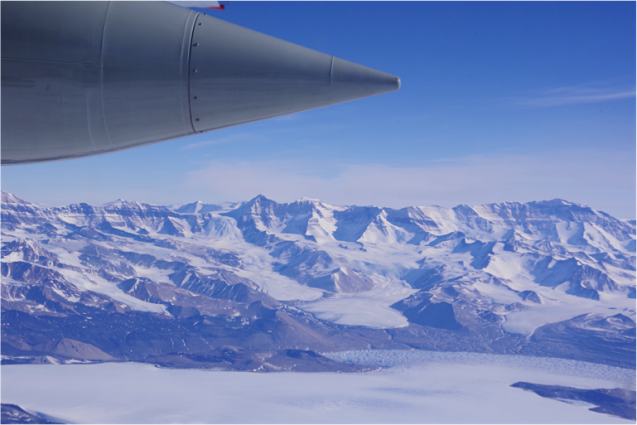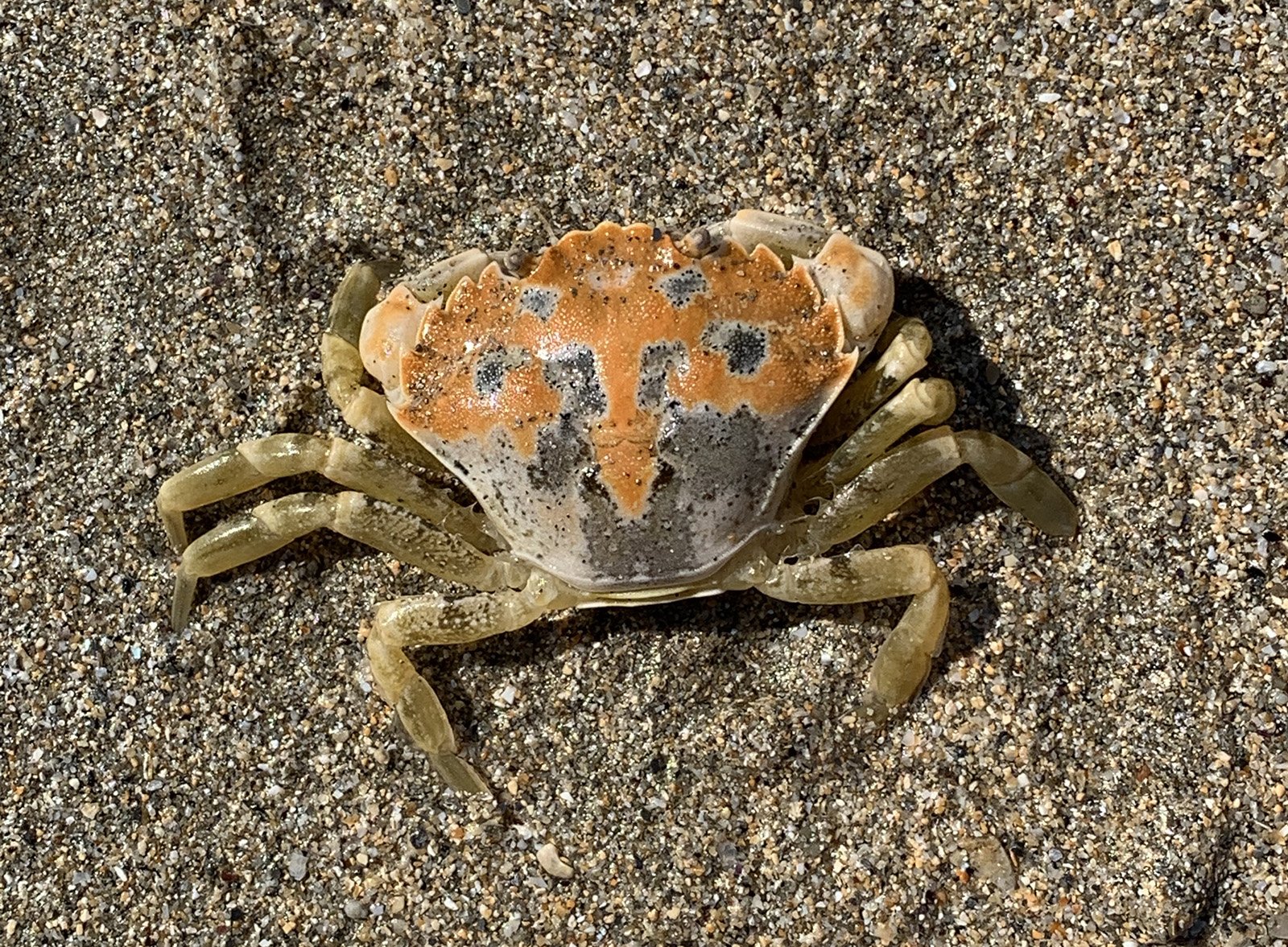The Earth’s rotation moves water in Lake Garda
Lake Garda has not yet revealed all of its secrets. This attractive tourist destination, unique for its physical and environmental characteristics, is also a case study for several international research teams. One of these, made up of scientists from the universities of Trento and Utrecht, has just made a new and unexpected discovery: the planetary … Read more
